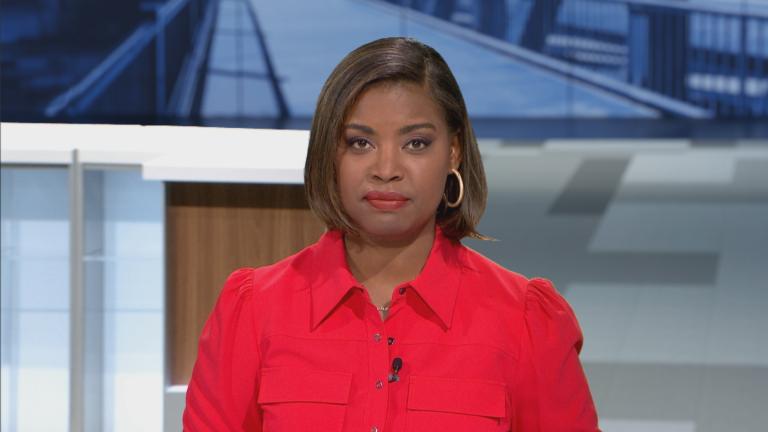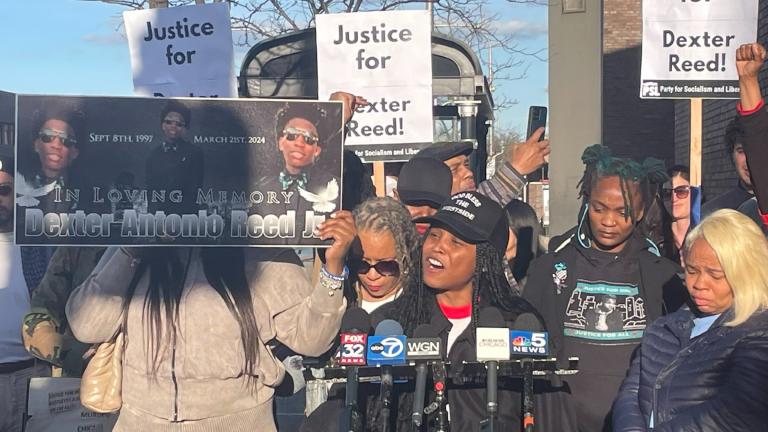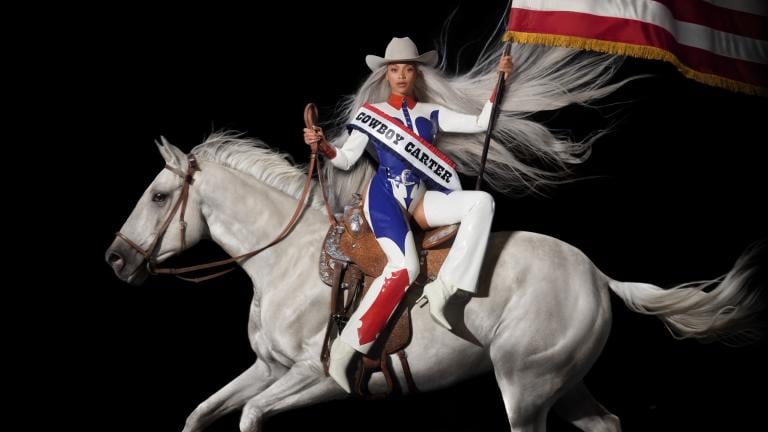As brutal heat waves sweep across the globe this month, calls to address the effects of climate change have become increasingly urgent. But in addition to large-scale policy efforts, making lasting change often starts with individuals.
The Nature Conservancy’s Youth Environmental Thinkers program is hoping to be part of that change. The program is a paid internship that helps 16 to 18-year-olds explore Illinois’ natural environment as well as the sociological impacts of climate change.
“I developed this program with help and input from colleagues so that we could address the balance when it comes to people and nature,” said The Nature Conservancy’s community engagement specialist Debra Williams. “And of course, it’s not just reaching out to teen environmentalists, it’s reaching out to teens who, some don’t even like nature, but the impact of the program allows for experiences where we look at how to address climate change environmentally and sociologically.”
Danielle Brogan, an intern with the program, said even though she was already interested in environmental concerns, she was surprised by what spending time in nature could do for her.
“I had always cared about the environment and thought about how I could help, but the being outside aspect, I did not know I would enjoy as much as I did,” Brogan said. “Every Thursday, we would go out with the stewardship team and we were allowed to help out in the prairie, whether that was catching bugs or pulling weeds.”
But in addition to spending time with the science, Brogan said learning how to spend time with other people and communicating about the natural world was valuable to her.
“What Ms. Williams has taught me about interacting with other people has helped me really connect and be able to learn and have respectful dialogues with others,” Brogan said.
“I just believe that young people need to be engaged as they learn about themselves and others and then to be informed about what climate change is – yes, environmentally, but also how we engage with people because often we want to get the work done that is connected to nature and the environment but don’t necessarily address people climates and how we relate one to another,” Williams said. “How I relate to somebody who’s right next to me, that wasn’t necessarily something that was championed. And so whereas somebody may see a rare bird and be all excited, realizing that the person that you have the opportunity to connect with … is also very rare and very valuable.”








